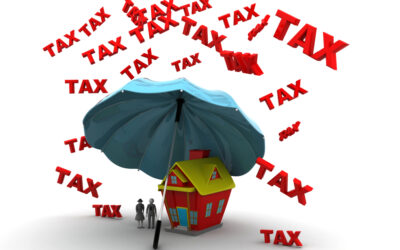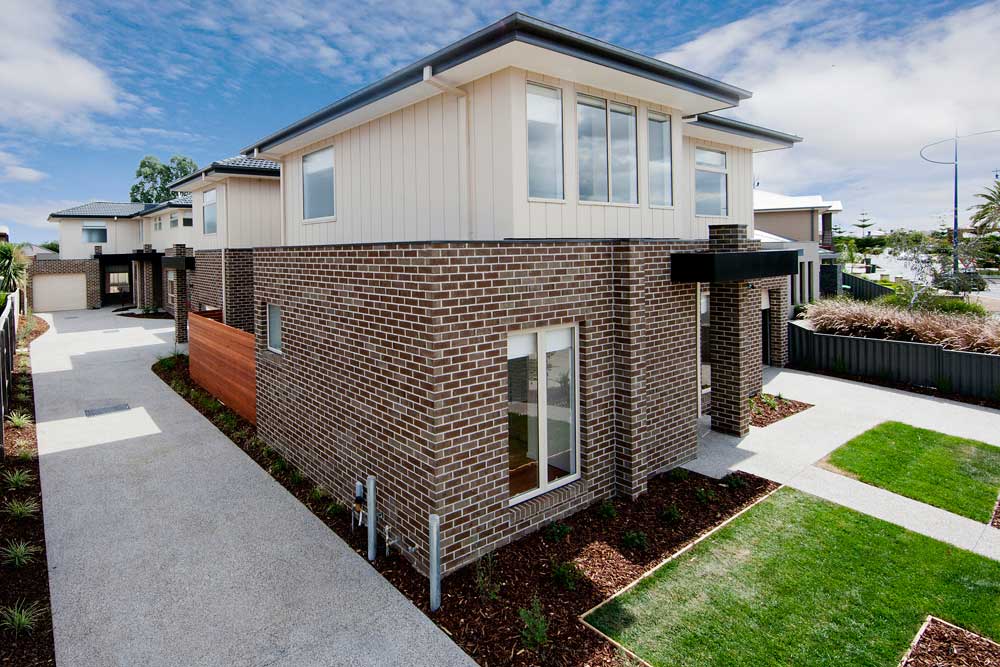What are the tax and investment considerations for a Granny Flat above versus a Tiny Home below? Income Tax Return Reporting - Income Streaming Tiny Homes Tiny home ownership does not have to follow the ownership interest of the underlying property ownership. For...
Foreign property investors to pay more land tax and stamp duty
Foreign property investors to pay more land tax and stamp duty
Starting with the Victorian Budget on 5 May 2015, the majority of states in Australia have implemented surcharges on foreign investors in the residential property markets. Below are tables that will assist you in understanding the new surcharge for each state that has changed in recent memory.
Most recently, Queensland will implement a land tax surcharge for absentee owners from 1 January 2018. Changes to the rates will apply in NSW from 1 July 2017.
South Australia is set to introduce a surcharge on conveyance duty for foreign owners and temporary residents.
Stamp Duty
Stamp duty surcharge applies for foreign purchasers of residential real estate. This table details the definition of a foreign purchaser for each state, as well as the new rules that apply to the transfer.
|
State |
Definition of foreign purchaser |
Surcharge/new rule |
|
VIC |
Non-visa holder |
3% stamp duty surcharge on regular rates (7% from 1 July 2016) |
|
Temporary visa holder |
No exemptions are available (including off-the-plan deferral, deceased estates and relationship breakdowns) |
|
|
Applies from 1 July 2015 |
||
|
NSW |
Non-visa holder |
4% stamp duty surcharge on regular rates from 21 June 2016 |
|
Temporary visa holder |
From 1 July 2017 stamp duty surcharge of 8% |
|
|
Permanent visa holders who have not resided in Australia for 200 days or more in the previous year |
No deferral for off-the-plan |
|
|
QLD |
Non-visa holder |
3% stamp duty surcharge on regular rates |
|
Temporary visa holder |
No concession for first homes and family business |
|
|
Applies from 1 October 2016 |
||
|
SA |
Non-visa holder |
4% conveyance duty surcharge on regular rates from 1 January 2018 |
|
Temporary visa holder |
Land tax
Absentee owners (and all foreign owners in NSW) will be subject to a surcharge on land tax at the taxing date. This table briefly describes the rules going forward.
In Queensland, an absentee owner will pay a 1.5% surcharge starting on land above $350,000. This surcharge is in addition to a higher land tax already payable for companies, trustees and absentee owners.
|
State |
Definition of absentee/foreign owner |
Surcharge/new rule |
|
VIC |
Non-visa holders and temporary visa holders who do not ordinarily reside in Australia and are either absent from Australia on 31 December or absent for more than six of the previous 12 months |
1.5% land tax surcharge on all land, starting at $250,000 (tax-free threshold). Applies from 1 January 2017 |
|
NSW |
Non-visa holders |
For 2017 tax year: 0.75% land tax surcharge on land that has a residential dwelling, starting at $0 (no tax-free threshold) |
|
Temporary visa holders |
No principal place of residence exemption |
|
|
Permanent visa holders who have not resided in Australia for 200 or more days in the past year |
For 2018 tax year: 2.0% land tax surcharge |
|
|
QLD |
Anyone who does not ordinarily reside in Australia on 31 December, or has not ordinarily resided in Australia for more than six of the previous 12 months |
Land tax is imposed at company or trustee rates (reduced threshold). In place since 1 January 2011. From 1 January 2018, a 1.5% surcharge will apply. |
For all states and taxes tabled above, a New Zealand citizen who holds a special category visa within s 32 of the Migration Act 1958 (Cth.) is taken to be a permanent visa holder. Any surcharges would generally not apply.
Companies and trusts
The above tables have defined foreign or absentee owners as if they were individuals. The definition of a foreign or absentee owner can also be extended to include companies where foreign persons hold a majority of ownership and/or control.
Also, in New South Wales the definition of a foreign trust has been clarified by the Office of State Revenue. From Revenue Ruling No G 010, a discretionary trust will be liable to the maximum that could be distributed to a foreign person or company. That is, if a foreign person or company is in the class of beneficiaries of a discretionary trust, the surcharge stamp duty and land tax may apply.
The Office of State Revenue is allowing discretionary trusts in this situation the ability to amend their deeds in order to avoid any unintended surcharges for stamp duty and land tax.
Risk mitigation steps
As stamp duty is generally levied during the process of conveyancing, as an accountant it is dutiful to be aware of the legislation as it relates to your clients who are not Australian citizens or permanent visa holders.
For land tax purposes, careful examination of entry and exit days for each year will be necessary going forward for affected clients. Non-resident clients may need to be made aware in these instances, especially when a client is transitioning to permanent residency status. Of particular importance will be the examination of homes in New South Wales jointly held by non-residents, including any spouses that may not be citizens.
For discretionary trust clients in NSW, careful consideration needs to be given relating to the amendment of trust deeds. Removing the trustee’s power to make distributions to foreign persons may have income tax implications. It may also cause re-settlement difficulties in the future if the trust needs to add beneficiaries later on.
In South Australia, an opportunity exists for a foreign or temporary resident to purchase a property prior to commencement of this new duty on 1 January 2018. As no foreign land tax surcharge applies in South Australia, the once off conveyance duty may be avoided with no additional taxes in future years. However, caution is advised as other states have recently introduced land tax surcharges.
Last reviewed: 27 June 2017




